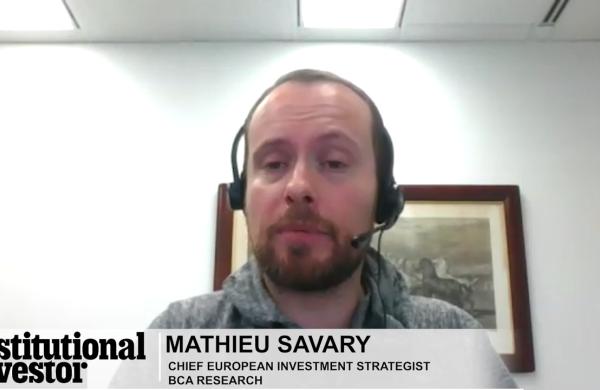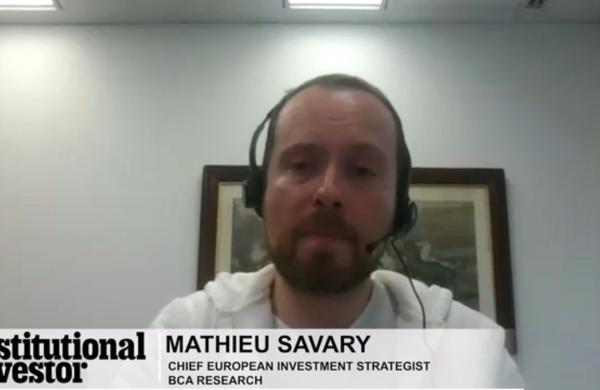While many mutual funds have suffered net outflows during this gloomy market, the $372 million Prudent Bear Fund has pulled in net cash of $46.6 million this year as of June 30. The lure is plain: Prudent Bear can keep its entire portfolio in short positions if it chooses to. As a result, the fund, which currently has about half of its assets short, returned 58 percent through September 11, after a 7 percent gain in 2001.
Dallas, Texasbased Prudent Bear has done better than most mutual funds this year, but the small group of short funds -- no one keeps exact count, but there are perhaps 19 such funds, with combined assets of $4 billion, up from $3 billion a year ago -- has been flourishing in this bear market, both in terms of performance and cash flow.
Using a top-down approach, Prudent Bear sniffs out companies that are debt-laden and bleeding cash, with slowing sales and shrinking end-markets. The average holding period: six to nine months. According to Prudent Bear market strategist Doug Noland, the fund has done well in recent months selling bank stocks short. It won't provide specific returns, but J.P. Morgan Chase & Co. and Capital One Financial Corp. have been among its targets. "We think banks are very exposed to consumer debt," Noland says.
The $24 million Grizzly Short Fund is short all 64 stocks in its portfolio and is up 17.8 percent this year through September 11. Chuck Zender, coportfolio manager of the Minneapolis, Minnesotabased fund, looks at companies with more than $1 billion in market capitalization, screening for stocks with minimal cash flow, no earnings, no dividend payout and little cash on their balance sheet. He holds his positions for an average of 12 weeks.
"We are very quantitatively driven," Zender says, "and very disciplined."
Recently, 20 percent of Zender's portfolio was invested in technology stocks and 5 percent in telecommunications. (In mid-2000 the ratios were 30 percent and 15 percent, respectively). He also has 47 percent of his portfolio in health care, financial services, industrials and materials and 28 percent in consumer stocks. A recent pick: AOL Time Warner, which he started shorting at $39. He closed out his position at $25 -- too soon, of course, since the stock sold for $12 in late September. But the trade still returned 36 percent.
Not surprisingly, index funds that short the Nasdaq have delivered strong returns. The $243 million Bethesda, Maryland based ProFunds UltraShort OTC Fund rocketed 86 percent through September 11 and had net inflows of $51.1 million as of June 30.
Potomac Funds portfolio manager Mark Edwards, who manages three short index funds, has seen his Alexandria, Virginiabased Potomac OTC/Short Fund rise 45 percent through September 11, compared to the 7 percent gain it eked out last year. "We offer an opportunity for a broad market hedge," he says. Brokers sell short funds as a prudent way to manage portfolio risk, since the funds provide an offset to a long-only portfolio.
Alan Papier, an analyst at Morningstar, points out that as gaudy as recent returns have been, their longer-term track record is decidedly less impressive. He points out that $10,000 invested on January 1, 1996, in Prudent Bear Fund was worth only $8,639 as of June 30, 2002 -- the lingering effect of dismal returns during the late '90s bull market.
Still, many short-fund specialists believe their recent gains are far from over. Prudent Bear's Noland would not be surprised if the U.S. economy had little or no growth for the rest of the decade. "We have severe structural distortions [in the economy]," he says. In his view, the bear market has only just begun.
| Funds scoreboard | |||
| Morningstar has ranked the following as the top ten short funds of 2001. | |||
| Fund | Total return calendar year 2001 | Total return year-to-date 9/11/02 | Assets 9/11/02 ($ millions) |
| CGM Focus Fund | 47.65% | 6.22% | $421.1 |
| Boston Partners Long/Short Equity Fund (Inst'l) | 25.24 | 3.85 | 115.3 |
| ProFunds UltraBear Fund (Inv) | 22.65 | 39.50 | 119.9 |
| Grizzly Short Fund | 22.11 | 17.80 | 24.3 |
| Comstock Capital Value Fund (A) | 21.41 | 32.66 | 96.9 |
| Rydex Tempest 500 Fund | 20.81 | 38.73 | 292.6 |
| Rydex Ursa Fund (Inv) | 16.33 | 21.01 | 322.9 |
| Rydex Arktos Fund (Inv) | 15.13 | 47.49 | 130.6 |
| ProFunds Bear Fund (Inv) | 14.29 | 20.41 | 40.3 |
| Potomac U.S./Short Fund | 8.40 | 11.67 | 18.9 |
| Source: Morningstar. | |||





